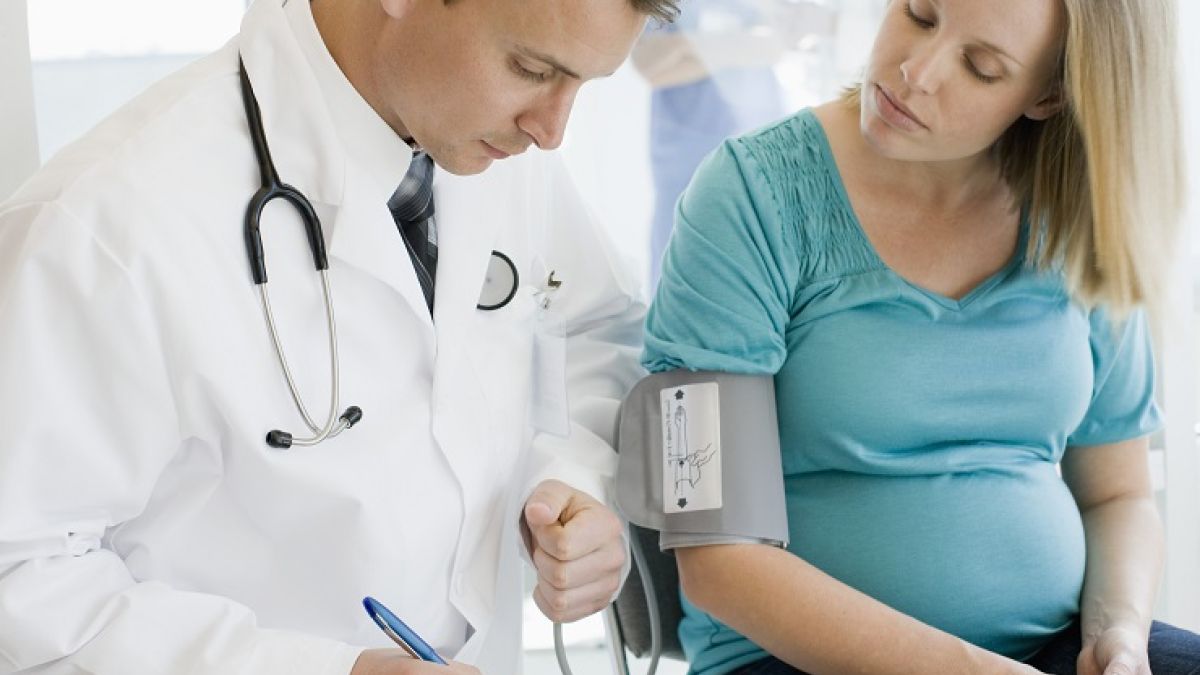Why choose Ochsner Health for your gynecologic cancer care?
The gynecologic cancer team at Ochsner offers unmatched care to women in New Orleans, Covington, Lafayette and Crowley, Louisiana. With the largest gynecologic oncology team in Louisiana, Ochsner provides advanced treatment for common and rare gynecologic cancers, including cervical, ovarian, uterine, vaginal and vulvar cancers.
Our comprehensive approach at multiple locations ensures you will receive personal care from board-certified gynecologic specialists at every stage, from diagnosis to the end of treatment. We offer virtual visits for initial consultations, pre-chemotherapy appointments and follow-up care, saving you travel time. Whenever possible, we offer minimally invasive procedures. We also specialize in fertility preservation for women who would like the option of having children after treatment.
We are recognized by U.S. News & World Report as “High Performing” in Gynecological Cancer.
















-7abbbb2796.jpg)





